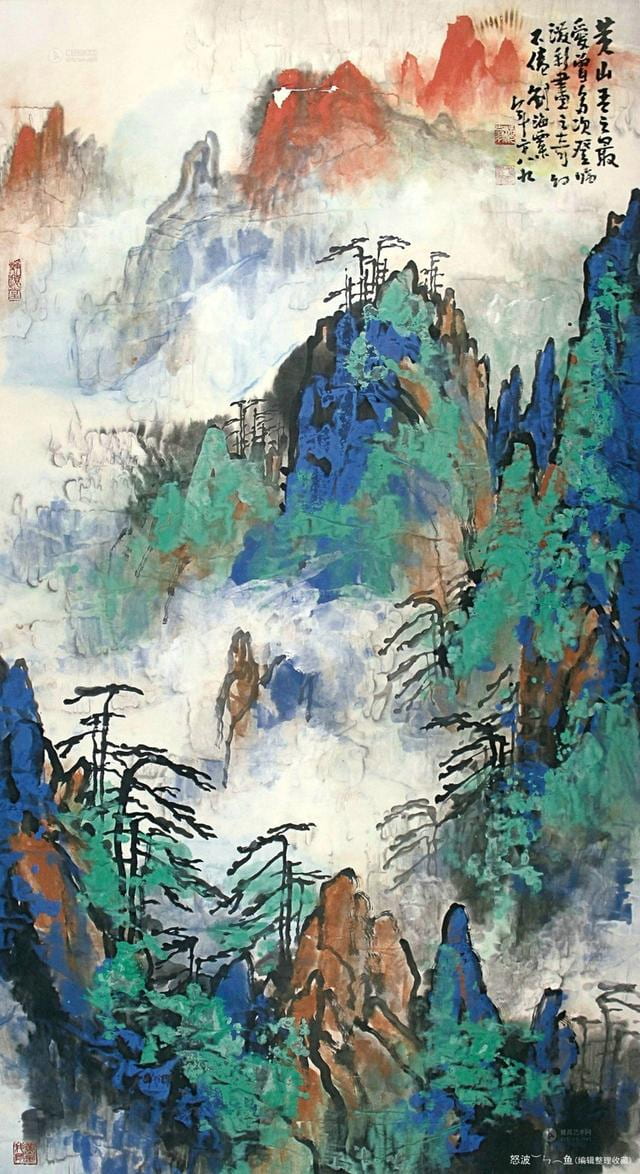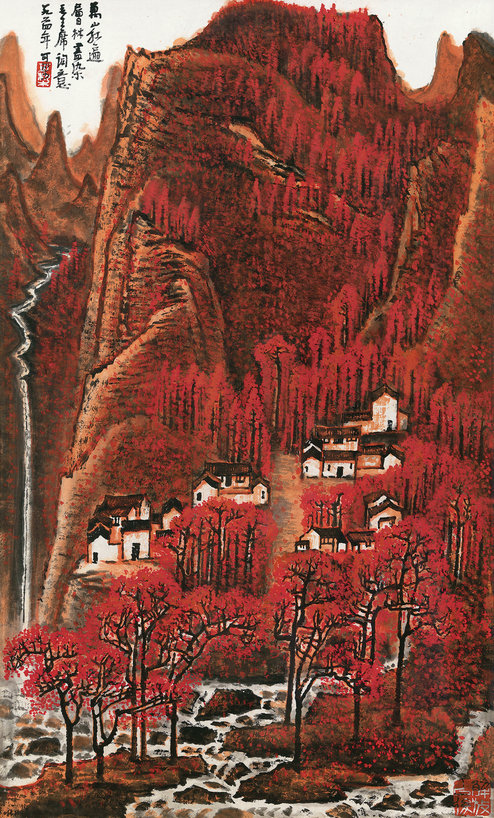
Figure 1: Feng Zikai “1 want to become an angel. / Soaring high in the sky, / Following the enemy planes, / And grabbing their bombs.” Scroll, ink on paper. Feng Zikai, Jianwen I (August 1, 1928: 2), Guangzhou.
This work by Feng Zikai is one that he created to reflect his own, his family’s, and other Chinese citizen’s experiences during the war against Japan in the mid-twentieth century. This piece is ink on a scroll format and is one of the more traditional pieces that he created. This painting is black and white, with simple detail in the people and the background, yet Feng was not attempting to create some artistic masterpiece. The purpose of this piece as a whole is send a message from Feng to the viewer. (Hung)
As we can see, the emphasis of this work is an angel catching the bomb heading toward the group of Chinese people. Even with the little detail, we can see from their expressions how helpless and frightened they are while stranded in the middle of rural China with no protection. There is a house in the distance, but these people might have left it knowing it will not protect them from the bombings. Most of them are looking up in fear, but I notice one person who is covering their eyes and face, as if they don’t want to see what danger is coming. Other people are not looking above but are looking ahead. This might be because they know this angel has come to save them and they are looking towards a better future. It is interesting that all of the people are huddled together, being there for one another in a time of crisis. Feng is trying to convey that as the Chinese were bombarded with war, they still stuck together in life or death.
The angel is another very important aspect to this piece. One book states, “Feng developed a style and approach all his own by combining traditional Chinese brush strokes with contemporary social settings, often lacing them with humor and religious purport.” (Hung 1994) In this piece, he is using an angel, a common religious symbol to make a point about the war. According to this book, the caption beneath this art piece says, “I want to become an angel, Soaring high in the sky, Following the enemy planes, And grabbing their bombs.” (Hung 1994) The angel seems to represent what Feng wishes he could have done for the people of China, or that the people of China need any angel to save them, whether that be the Chinese government or a miracle. On the other hand, it could mean the only thing that could save them is a divine being, and in other words, nothing can physically save them from the Japanese. The people in this piece could represent Feng’s family, or could represent all of China’s innocent citizens, yet either way, Feng wishes he could stop the madness and save his people.
Sources
Hung, Chang-tai. War and Popular Culture: Resistance in Modern China, 1937-1945. Berkeley: University of California Press, c1994 1994. http://ark.cdlib.org/ark:/13030/ft829008m5/
Feng Zikai, Jianwen I (August 1, 1928: 2), Guangzhou.




